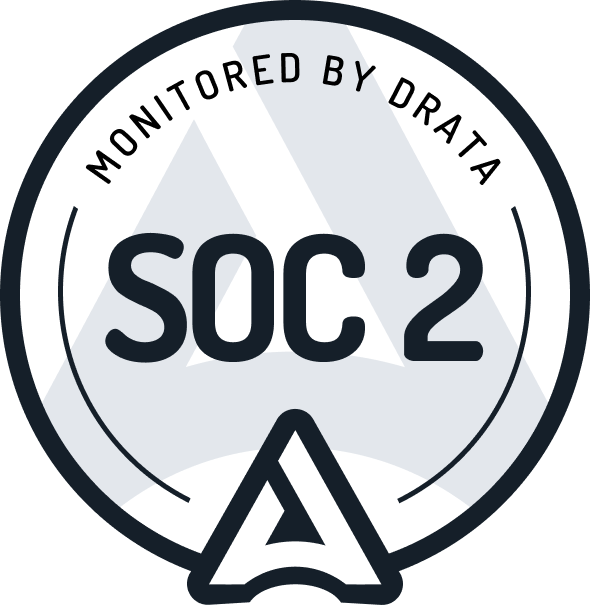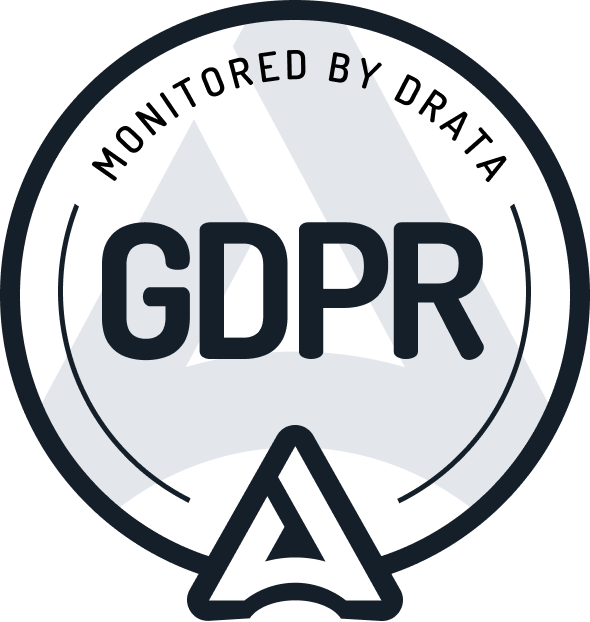
Community as the key factor for Nextcloud's success
Get notified when customers mention you online - with Crowdlens
Jonathan Reimer: Hi, do you want to shortly introduce yourself?
Jos Poortvliet and Jan Borchardt: Hi, we're Jos and Jan, doing respectively marketing and design at Nextcloud! We're part of the crew that started the company.
Jonathan: Do want to give us a short overview of what Nextcloud is doing?
Jos: Nextcloud is the next generation for efficient collaboration technology. We empower people to collaborate in the best possible way. In doing so, data protection is very important to us! We started Nextcloud to put users back in control over their data - the surveillance capitalism based business models from most US and Chinese hyperscalers is a huge threat to privacy and democracy and we think that open source, decentralized alternatives are important to deal with it. Equally important are political solutions of course, but we're techies, so that's where we start. Let me not neglect to say that digital sovereignty is equally important for businesses - who don't want their data held hostage by a third party, risk compliance problems or espionage.
Jan: The result today is that Nextcloud is the most popular on-premises collaboration platform, hosted by over 400.000 servers on the web and with many tens of millions of users. With Nextcloud, users gain access to their documents and can share them with others within and outside their organization. They can collaborate with video and text chat, Calendar, Mail and a variety of planning and coordination tools as part of an extensive ecosystem of over 300 apps. Nextcloud offers an easy to use web interface or clients for Windows, Mac, Linux, Android and iOS. The company behind Nextcloud, Nextcloud GmbH, has like Red-Hat business model of offering an enterprise-ready setup for large companies, with LTS and some other services.
Jonathan: Can you describe Nextcloud's approach to developer community building?
Jos: I think we rely very much on scratching-your-own-itch here. We try to offer a low barrier to creating Nextcloud apps, in particular, having a decent API, documentation etcetera. This is never enough, so we have an open position for a Developer Relations Manager/Community Manager, who would work on improving in this area.
There is of course GitHub, where most of our work happens in the open. We also use our own Nextcloud Talk for communication, and we have many channels where we invite community regulars for collaboration.
Jan: We are also regulars at events: We give talks at events like FOSDEM and other open source conferences, and organize a yearly conference of our own with much dev content. We also have regular Contributor Weeks for each release. At least, we did before covid - those meetings were face-to-face so it's been difficult to replace them. We did a digital conference in 2020, and are planning a digital community week, but it's not the same! Specific teams like the design team also do a "Weekly design review" call where community developers can ask for their app to be reviewed – to very positive acclaim.
Jonathan: Can you share an interesting success story or illustrate the importance of community for Nextcloud?
Jos: Most certainly. In general, I can say that most key functionality of Nextcloud started in the community - even core functions like LDAP support and external storage were built by community volunteers as apps. We then hired them to bring the expertise in-house and maintain it as a business.
Jan: Perhaps an even more epic example happened when we launched our company. As some might know, Nextcloud started when the business behind an earlier project we also founded went bankrupt. With the brand ownership lost, we started fresh with most core server developers joining us. We had no client developers for iOS, android and desktop. The iOS app wasn't open source but we found an external developer who had built an app that was compatible with Nextcloud and offered him that if he'd rebrand his app to “the official Nextcloud app” he could keep the revenue - win-win. Sadly, for android, we basically had no plan as we had no resources. Cue the community!
Just 2 days after we announced our new project, 2 community volunteers contacted us. They had contributed to the Android app before, but the collaboration with the company (an external firm hired to do contract work) wasn't great. They offered to fork the 'old' app, integrate all community contributions that had been languishing in GitHub, and rebrand it to Nextcloud. Boom. And boy, did they do an amazing job. Within 3-4 months, users of our old project would use the Nextcloud client as it was so much better!
9 months in, we hired one of the two volunteers, Tobias, who's now the lead for our client team. The other developer however informed us that while he loved us and working on the Android app, it was a hobby - he was a project manager at a big company. "You can come back when you can put me in charge of a large engineering team", he said.
Jos: We hired him 3 months ago, as our new director of engineering, to manage the fast growth we're experiencing - but he still contributes to the Android client in his free time.
Jonathan: Can you share 3 learnings, you have made so far, working with developers?
Jan: If developers have a sense of design, they will do even cooler stuff. So give them feedback and an opportunity to learn and improve. That is motivational, too!
Jos: Even if it feels strange, giving community contributors an idea of what priority you would assign to specific issues helps a lot in them knowing what to focus on. Everybody cares about the success of the overall project and most are willing to contribute to that even if it doesn't immediately fit their own goal and motivation. So, never underestimate how much energy and love the community puts in!
Jan: Discipline is important if you want to keep the community and company collaborating smoothly. We follow a strict workflow in GitHub, where everybody is treated the same. No shortcuts - if you have an idea, put it in an issue. If you discuss it with others, in person or in chat, put the results also in the issue. Only then - do a PR to implement it, get it reviewed and so on. This way the community knows what we're working on. The same goes for roadmaps and everything. Be public!
Jonathan: What's your favourite resource on community building?
Jan: Open Source Diversity.
Jos: There have been a few events I visited in the past but honestly, I can't think of any right now. But Open Advice is certainly an interesting book (disclaimer, I wrote a chapter).
Jonathan: Looking into the future, what do you think will be the role of the community for developer-focused companies?
Jos: It will only grow stronger. Open source is growing as a business strategy, and for open source, communities are the key factor for success. Nextcloud shows this, we do a lot of things right, but in the end, it is the ecosystem around us, our community, that made us the most successful product in our space.
Jan: In general, it becomes more and more important to build a strong ecosystem. It isn't so much product vs product these days, but ecosystem vs ecosystem. Just look at the cloud offerings from Google, Amazon or the mobile ecosystems, Android and iOS. They are all about how many apps and integrations they have - most of those done by 'third parties' aka the community.
Jonathan: Thanks!
About "The Rise of Community"
Community is moving more and more into the focus of the software industry and beyond. Traditional marketing approaches are coming to an end with more of our (professional) lives taking place online. Therefore, companies are relying on building communities now more than ever. This is especially reasonable for products that rely on a bottom-up approach such as open-source or API. But how do these new, community-driven organizations work? What are their tips and tricks? And how will the future of communities look like? In the interview series “The Rise of Community”, you will read about the world's best community builders, including founders, DevRels, developer marketers, and community managers.
Don't want to miss out on any updates? Make sure to subscribe to our substack newsletter!
Get insights to your inbox.
Once per month. No spam.


.png)





